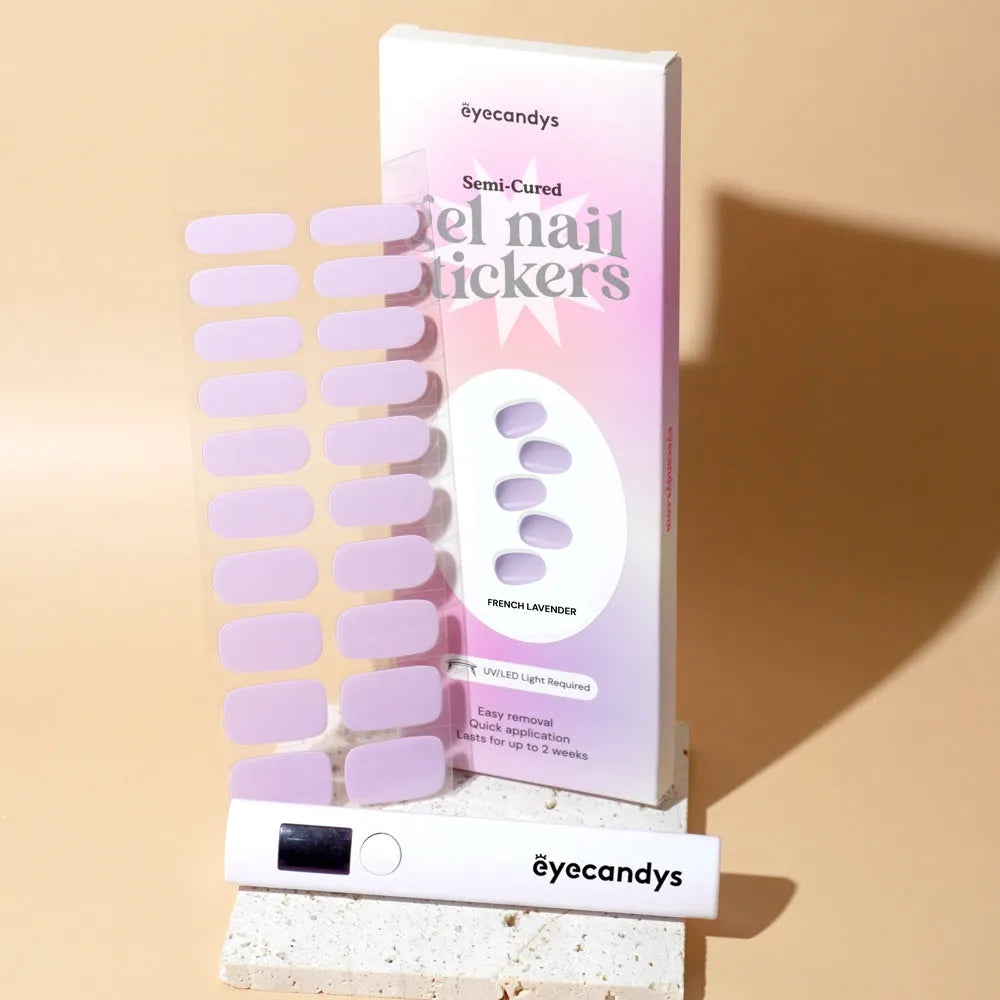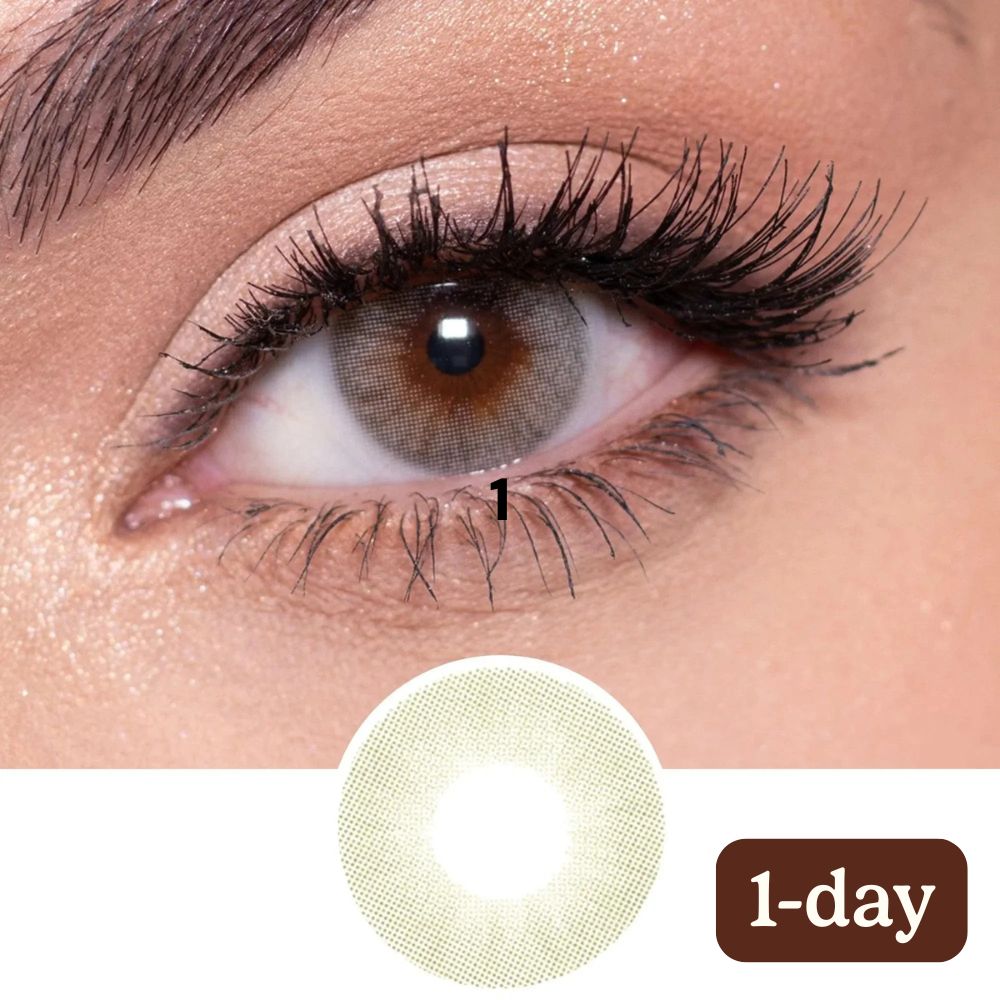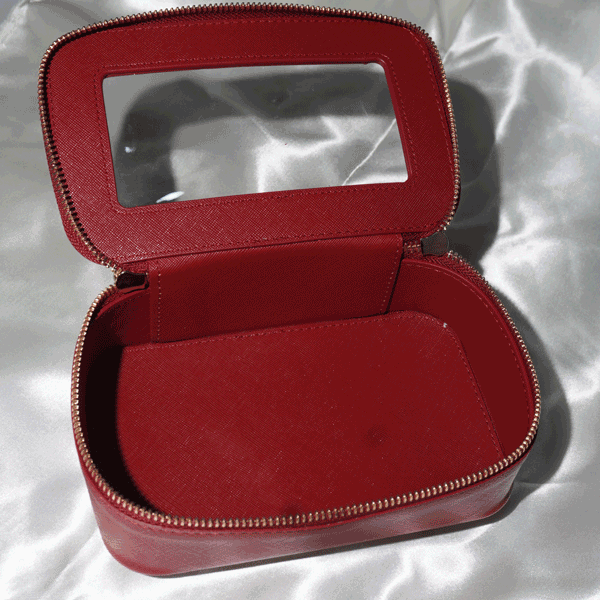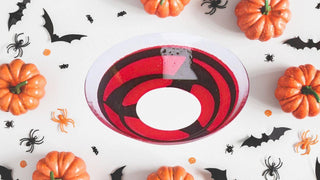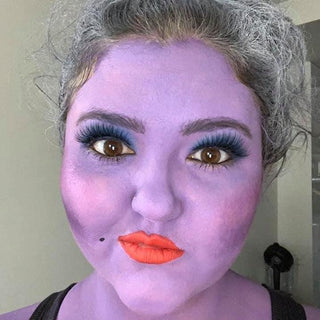Halloween is a time for creativity and self-expression, and many people enhance their costumes with colored contact lenses to complete their look. However, amidst the excitement of transforming into spooky characters, it's essential to consider the safety implications of wearing colored contacts, especially if you're new to using them. In this article, we'll delve into the question: Are colored contacts safe for Halloween?
Understanding Colored Contacts - What Are Colored Contacts?
Colored contacts, also known as cosmetic or decorative lenses, are specially designed contact lenses that alter the appearance of the eyes by changing their color or enhancing existing hues. These lenses come in a variety of shades and designs, allowing wearers to achieve different aesthetic effects.
Types of Colored Contacts
There are two main types of colored contacts: prescription and non-prescription. Prescription colored contacts are used for both vision correction and cosmetic purposes and require a prescription from an eye care professional. Non-prescription colored contacts, on the other hand, are purely cosmetic and do not correct vision.
Potential Risks
While colored contacts can enhance your Halloween costume, they also pose certain risks if not used properly. These risks include eye infections, corneal abrasions, allergic reactions, and discomfort due to improper fit. It's crucial to be aware of these potential risks and take appropriate precautions when wearing colored contacts.
Allergic Reactions
Some individuals may experience allergic reactions to the materials used in colored contacts or the lens solution. Symptoms of an allergic reaction may include redness, itching, swelling, and discomfort. It's essential to discontinue use immediately if any allergic symptoms occur and consult with an eye care professional.
Wearing contacts that are not properly fitted to your eyes can cause discomfort, blurred vision, and other complications. It's crucial to follow the fitting guidelines provided by your eye care professional and avoid purchasing one-size-fits-all or novelty lenses.
Purchasing from Reputable Sellers
To minimize the risk of safety concerns, it's essential to purchase colored contacts from reputable sellers. Avoid buying lenses from unregulated sources or novelty shops, as these products may not meet safety standards or undergo proper quality control measures.
Tips for Safe Use (Consultation with an Eye Care Professional)
Before wearing colored contacts, it's essential to schedule a consultation with an eye care professional. They can assess your eye health, provide fitting recommendations, and prescribe the appropriate lenses for your needs.
Proper Cleaning and Disinfection
Always clean and disinfect your colored contacts before and after each use using the recommended lens solution. Follow the manufacturer's instructions for proper cleaning techniques to prevent contamination and infection.
Avoid Sharing Contacts
Never share colored contacts with others, as this can transfer bacteria, viruses, or fungi between individuals and increase the risk of eye infections.
Follow Wearing Schedules
Adhere to the recommended wearing schedules provided by your eye care professional and replace your colored contacts as directed. Over-wearing or reusing old lenses can lead to discomfort, irritation, and eye health issues.
Remove Contacts If Necessary
If you experience any discomfort, irritation, or unusual symptoms while wearing colored contacts, remove them immediately and consult with an eye care professional. Ignoring symptoms or continuing to wear uncomfortable lenses can exacerbate eye problems.
Halloween-Specific Safety Tips
Avoid wearing colored contacts for extended periods, especially during Halloween parties or events. Prolonged wear can cause dryness, discomfort, and increased risk of eye infections.
Remove Contacts Before Sleeping
Always remove colored contacts before going to sleep to prevent eye dryness and discomfort. Sleeping with contacts in can restrict oxygen flow to the cornea and increase the risk of corneal swelling and infection.
Use Eye-Safe Makeup and Costumes
When wearing colored contacts with Halloween makeup and costumes, ensure that the products used are eye-safe and hypoallergenic. Avoid applying makeup directly onto the lenses and be cautious of any potential irritants or allergens.
Be Mindful of Surroundings
During Halloween activities, be mindful of your surroundings and potential hazards that could pose a risk to your eyes while wearing colored contacts. Avoid activities that may increase the likelihood of eye injuries or accidents.
In conclusion, colored contacts can be a fun and exciting addition to your Halloween costume, but it's essential to prioritize safety and proper eye care. By following the tips outlined in this article and consulting with an eye care professional, you can enjoy a spook-tacular and safe Halloween experience with your colored contacts. Remember to always prioritize your eye health and safety, and have a hauntingly good time!


